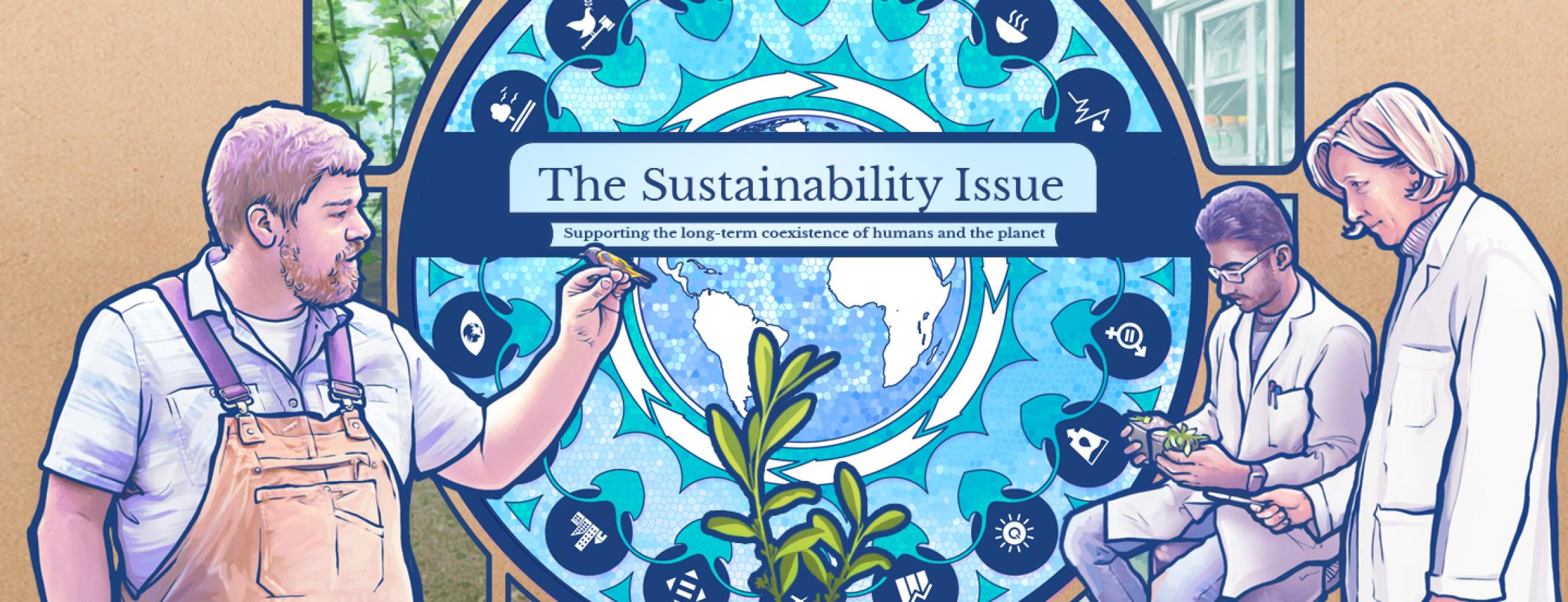This summer, graduate students and postdoctoral researchers from more than 30 countries gathered on Zoom to take advantage of the expertise in astrostatistics and astroinformatics at Penn State. Two virtual summer schools, each lasting a week and hosted by the Penn State Center for Astrostatistics, provided a combination of synchronous and pre-recorded lectures, computer laboratory exercises, and opportunities to interact with instructors and teaching assistants via Zoom chats and Slack conversations.
“After couple of years of Zoom meetings, we didn't know if students would still be eager to join one—or two!—weeks of online lectures and labs,” said Jogesh Babu, Distinguished Professor of Statistics, and of Astronomy & Astrophysics at Penn State and director of the Center for Astrostatistics. “We were delighted to see several times as many students register than in years when the summer schools were held on campus. This year's summer schools reached a diverse set of students from across the globe over many time zones, including many who would have been unable to travel to Penn State.”

The first session—the Summer School in Statistics for Astronomers—covered statistical methodology for astronomy. The course was initially designed by Babu and Eric Feigelson, distinguished senior scholar and professor of astronomy and astrophysics and of statistics, in 2005. This summer marked the 17th time this course has been offered, and nearly 300 students participated.
The second session—the Summer School in Astroinformatics—gave participants the opportunity to learn advanced lessons on applying data-driven models to address challenges of modern astronomy research, such as incorporating machine learning, mining large astronomical surveys, harnessing parallel computing architectures, Bayesian computation and integrating these with domain-specific knowledge. This session was attended by more than 190 students.
The Astroinformatics school was launched in 2018, and this summer marked the second year it has been offered. For this summer’s session, the curriculum underwent a dramatic refresh to better meet the needs of astronomers and astrophysicists. New lessons were designed by several faculty in the college who are also co-hires with the Institute for Computational and Data Science (ICDS), including Eric Ford, professor of astronomy and astrophysics; Hyungsuk Tak, assistant professor of statistics and of astronomy and astrophysics; Joel Leja, assistant professor of astronomy and astrophysics; and Ashley Villar, assistant professor of astronomy and astrophysics.
“Penn State's Center for Astrostatistics has long been a pioneer in developing a graduate-level curriculum in astrostatistics,” said Ford. “Thanks to several recent ICDS co-hires, Penn State has extended its leadership to include astroinformatics, which highlights modern statistical and machine-learning methods and computational tools to extract value from large astronomical surveys.”
In addition to Babu and Feigelson, the lessons for each session were led by Professor and Head of Statistics Murali Haran and Professor of Statistics David Hunter, and seven graduate students from astronomy and statistics served as teaching assistants.
“The schools received very positive feedback from students and are a point of pride for Penn State, the Eberly College of Science, ICDS, and the Departments of Astronomy and Astrophysics and of Statistics,” said Babu. “Next year, the Center for Astrostatistics is considering in-person instruction as well as remote hybrid options to continue to support our international participants.”
